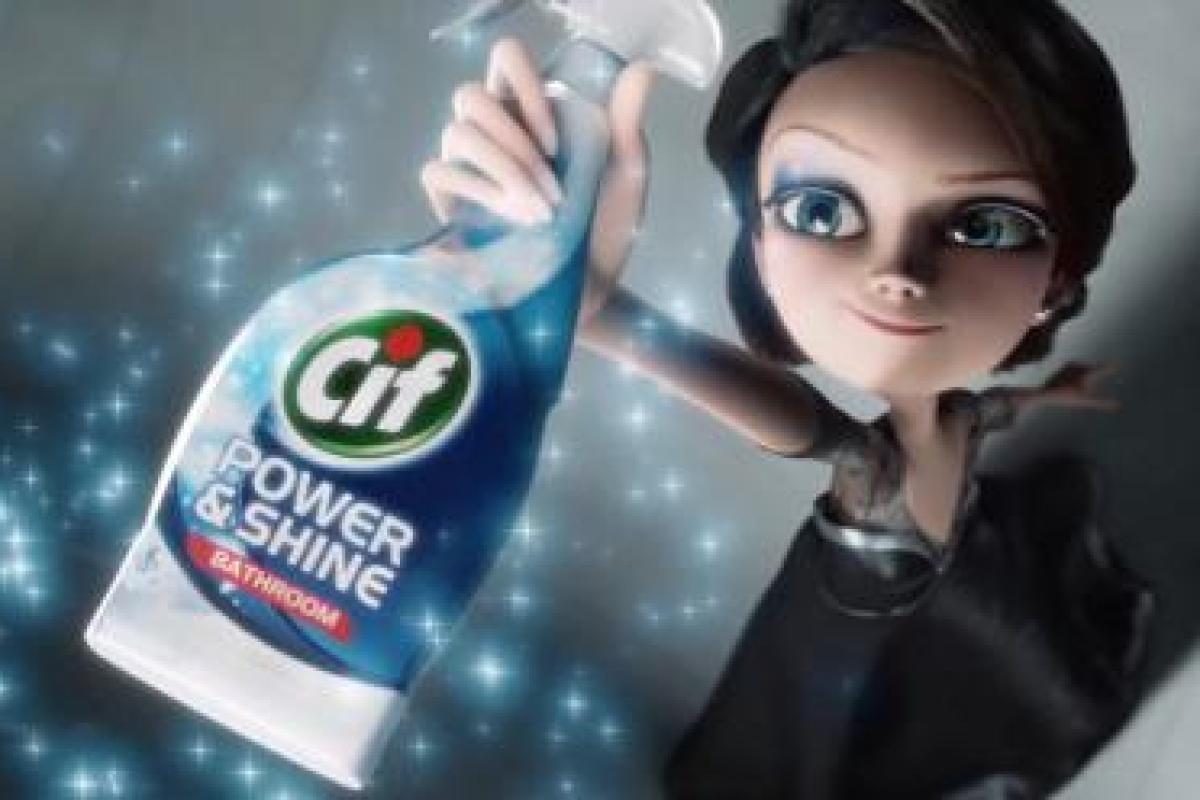Compelled by a recent purge of stereotypes from its own advertising, Unilever conducted a global study that found the industry is preventing progress around gender stereotypes that hold women and men back.
Nearly 70% of the 9,000 men and women surveyed across eight markets believe the world would be a better place if today’s children were not exposed to gender stereotypes in media and marketing.
They argue that not enough is being done to address the issue, with three out of four (75%) respondents placing that responsibility on senior leaders, many of whom will no doubt be at the World Economic Forum where Unilever will reveal the results today (18 January).
“We are on a journey to achieve ‘Unstereotyped’ mindsets inside and outside our company,” said Unilever chief executive Paul Polman. “But we can’t do it alone. We are calling for a conscious effort from individuals, government and businesses – big and small – to step up, root out and challenge the stereotypes that feed inequality and halt progress.”
The FMCG maker is keen to prove its pledge is more than just marketing sleight of hand, hence its place at Davos, Switzerland, a move it will hope demonstrates advertising’s capacity to affect change on a global scale. Brand purpose, which is what Unilever will push from its findings, is a core part of the strategy driving most of its brands, some of which are already growing 30% faster than others because they’ve nailed the need to stand for other than just being a washing up liquid or toilet paper.
“We’ve seen first-hand the powerful role that advertising can play in shaping social norms and stereotypes and launched #Unstereotype to address this,” said Keith Weed, Unilever’s chief marketing and communications officer. “This new research further underlines the importance of addressing stereotypes in the workplace and beyond.”
He went on talk about how traditional beliefs, many of which are exacerbated by advertising, are holding women back. Most (67%) women feel “pressured” to simpy ‘get over” inappropriate behaviour, while just over half (55%) of men and even more (64%) of women believe that men don’t challenge each other when they witness such behaviour. Prejudices around women being domesticated are still rife, as shown by more than half of the women surveyed, who view it as a huge barrier to them being seeing as the equal to men in the workplace, whereas it’s less of an issue to men, the report found.
While the report notes that men are wiser to the gender equality debate, stereotypes threaten to undo whatever progress gets made around the debate. More than seven in ten men but also the majority (55%) of women believe that a man is the best choice to lead a high stakes projects. More so, men and women overwhelmingly believe that men don’t want women in the C-suite.
“Stereotypes and social norms have a huge impact on gender equality issues globally, said Weed. “Whether consciously or unconsciously we are all subject to the biases in our mindsets. These effects are felt by 60% of women and 49% of men who reported that stereotypes personally impact their career, their personal life, or both.”
This piece was first seen on The Drum.
